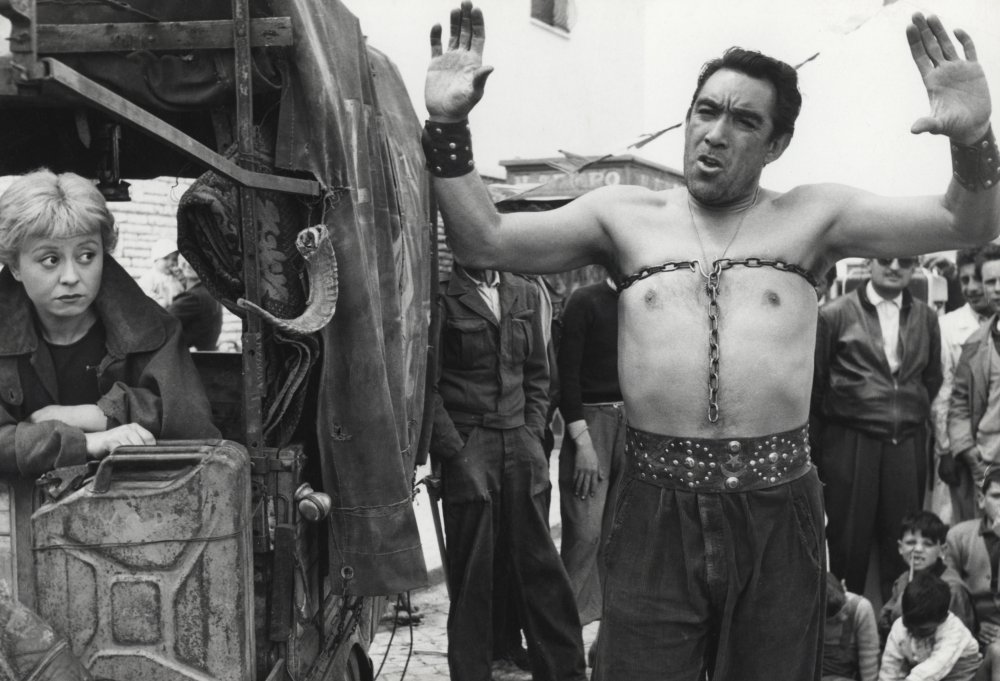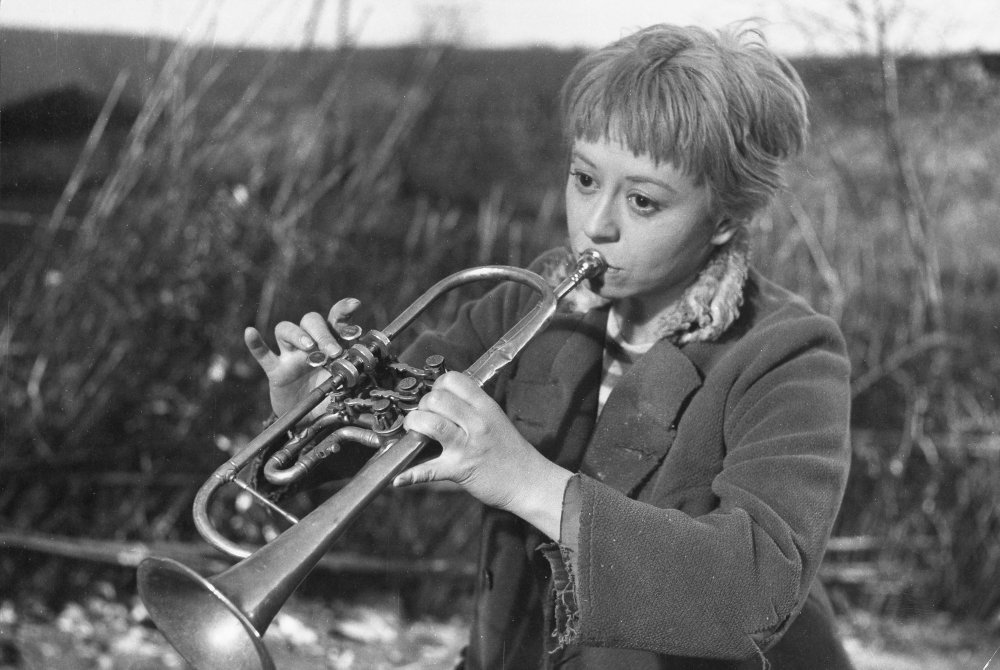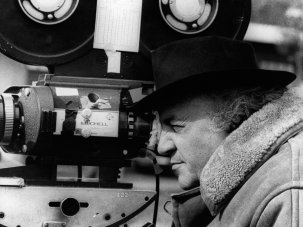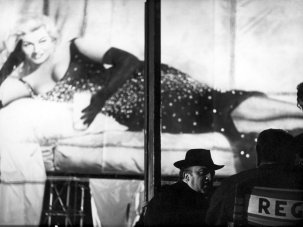La Strada arrives here with a considerable Continental reputation and five festival awards to its credit. It is a strikingly original film in conception, and in execution a most accomplished example of Italian neorealism. Camerawork, locations, decor and characterisation all contribute to a compelling atmosphere of hard-bitten reality. The theme of two human beings’ tragic interdependence – tragic because one of them will not recognise it – is a valid and humane one.
Italy 1956
Certificate PG 108m 9s
Director Federico Fellini
Cast
Zampanò Anthony Quinn
Gelsomina Giulietta Masina
Il Matto Richard Basehart
[Colombaioni, called ‘Signor Giraffa’] Aldo Silvani
Original UK release date November 1955
UK rerelease date 19 May 2017 in cinemas (2K digital print) and on DVD and Blu-ray from 5 June
independentcinemaoffice.org.uk/films/lastrada
► Trailer
Yet the film is not as moving and memorable as its individual virtues should make it. In a determination not to overdo the sentiment, the treatment sometimes strikes one as a trifle calculated; and there is at the heart of the piece a lack of compassion, an inhibition which allows the camera quality of a particular scene or the stylishness of the cutting to become more important than the human values of the story.
These defects tend to mar the remarkable performance of Giulietta Masina as the half-mad Gelsomina; her acting seems to have been exploited, rather than inspired, by the director. Yet her sad, funny face remains a haunting image.

Anthony Quinn as Zampanò
Anthony Quinn plays with impressive savagery and assurance as Zampano; and it is a mark of his quality that, for all the character’s unmitigated brutality, he makes it seem touchingly helpless. Richard Basehart, rather obviously dubbed, has a conventionally puckish part as Il Matto, but plays attractively.
☞
-
The Digital Edition and Archive quick link
Log in here to your digital edition and archive subscription, take a look at the packages on offer and buy a subscription.







